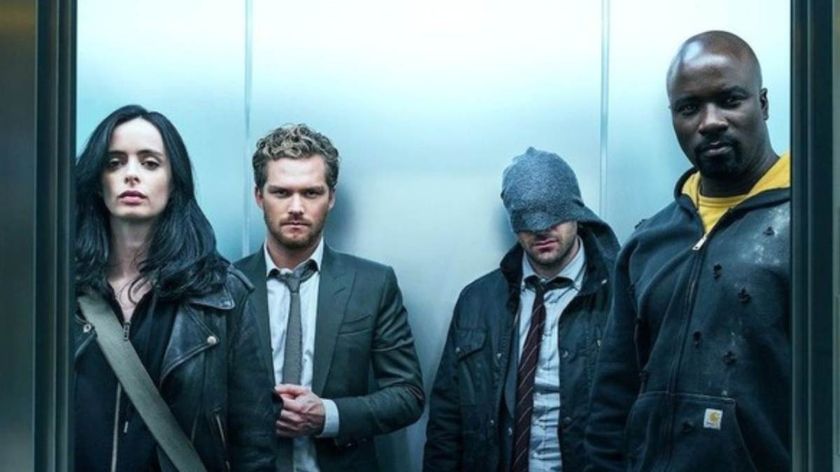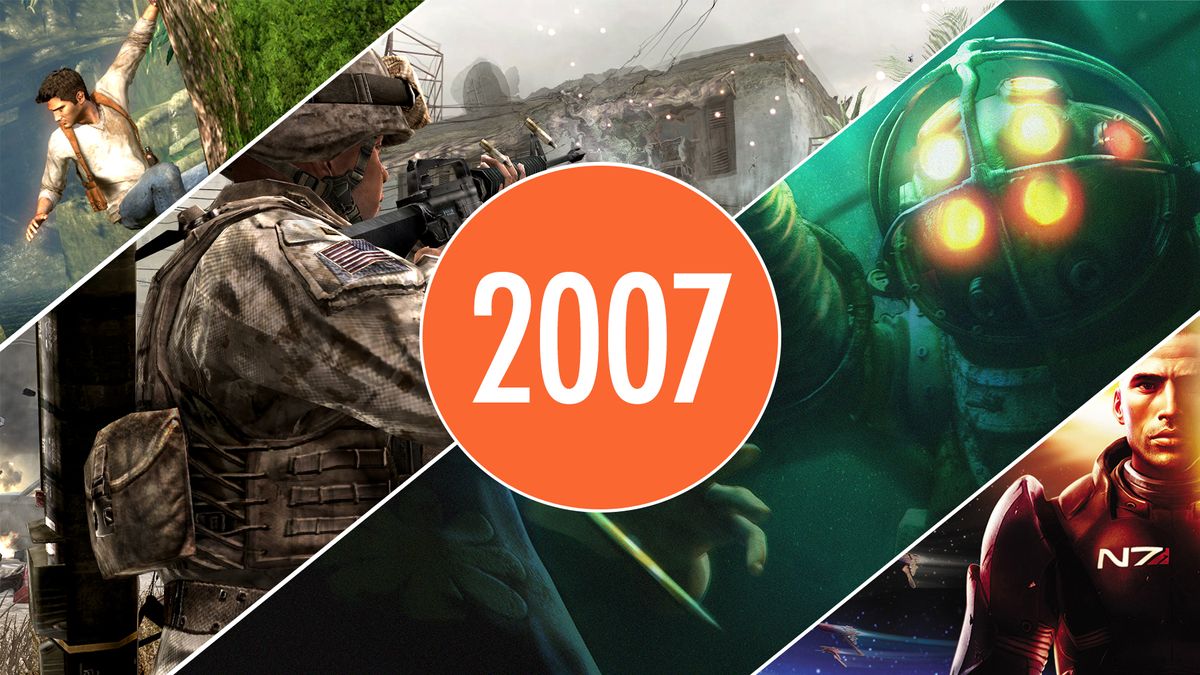
2007 is the year that the era of HD gaming finally came into focus. In many respects, the developers behind the biggest games of 2007 wrote the rulebook for gaming as we know, see, and experience it today. Visual fidelity might be sharper, framerates stabler, and game worlds more densely detailed now, but so many modern games still follow the framework and formulas outlined by the titles that worked to define 2007, that it's actually kind of ridiculous to look back on.
When the Xbox 360 launched in 2005 (with the PS3 following in 2006), it gave a generation of players an appetite for new experiences. And that's what we received in 2007: Assassin's Creed, BioShock, Crysis, Crackdown, Mass Effect, Portal, Rock Band, and Uncharted: Drake's Fortune, to name but a few. Over a decade later, Assassin's Creed stands tall as one of the biggest franchises in the world; the towering influence of BioShock and Mass Effect is so great that it has become impossible to track; Uncharted has done for the action-adventure genre what Tomb Raider did for platformers back in '96 and completely, irreversibly redefined them.
While many will point to 2009's Batman: Arkham Asylum as the turning point for the quality of licensed games, the genesis of that could likely be tracked back here too. The Darkness and The Witcher made their debut in 2007; the former offered one of the best single-player shooters of its day, while the latter was a humble beginning for a series that would eventually transform into a behemoth that looms large over all strands of entertainment.
As important as new IP was to 2007 – to players eager to see what console gaming could deliver when it was enhanced by 720p resolutions and stable broadband connections – it was actually the sequeled games that elevated the year to one of the all-time greats. God of War 2, Forza Motorsport 2, Pokemon Diamond and Pearl, The Legend of Zelda: The Phantom Hourglass, and Unreal Tournament 3 were all fantastic, but 2007 was made legendary by three in particular. Super Mario Galaxy showed that Nintendo still had capacity to take its most famous franchise to new heights, pushing Mario across his most ingenious adventure. Halo 3 enshrined Halo as a true titan of online multiplayer, introducing the slick carnage of arena shooters to a new generation of players. And then there's Call of Duty 4: Modern Warfare, undoubtedly one of the most important and influential games of the modern era.
Infinity Ward breathed new life into the first-person shooter with Modern Warfare. The game set a new standard for single-player campaign design and multiplayer progression systems, fundamentally shifting the pillars of the industry's most popular genre overnight. That Call of Duty 4 found a new way to hook players into its ecosystem as traditional video game expansions enjoyed a creative-high, with World of Warcraft: The Burning Crusade, The Elder Scrolls 4: Shivering Isles, and Half-Life 2: Episode Two – arriving as part of The Orange Box, an incredible collection of games – is more impressive still.
2007 is one of the most impactful years on record for the video game industry. It delivered on the promise of the HD-era of gaming and justified the platform holders' heavy investment in online services as broadband became more commonplace throughout the western hemisphere. For a generation of players with an appetite for new experiences and online connections, 2007 delivered in ways that still radiate throughout the industry to this day. And I don't know about you, but I'd do just about anything to get a group of friends together for an epic all-night Rock Band session right about now.
Games that defined 2007
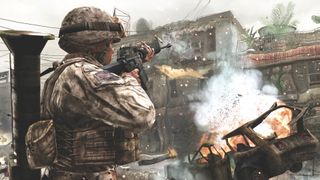
Call of Duty 4: Modern Warfare
Before 2007, the idea that Call of Duty would ever be successful abandoning historical warfare to wade into territory occupied by Battlefield was laughable. And then Modern Warfare landed, changing everything around it. If you're wondering why modern first-person shooters are the way that they are, look no further than Call of Duty 4; its tightly paced campaign set a new benchmark as it traded the scale of Saving Private Ryan for the drama of Black Hawk Down, with expertly designed maps and moreish progression systems that completely shifted the direction of online shooters.
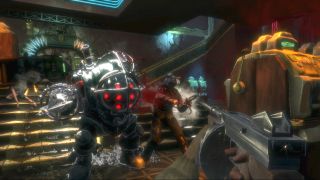
BioShock
BioShock may have started life as a spiritual successor to the System Shock games, but in many ways it surpassed the legendary immersive sim. An incredible world of detail and character, slick FPS mechanics and in-depth systems, and powerful, combative enemy AI all come together to create an experience with no equal in the seventh generation.

Portal
When Valve announced that it was bringing Half-Life 2 and Team Fortress 2 to console, people were excited. It was set to arrive as part of a compilation package called The Orange Box, which also contained a little puzzle game nobody had heard of before – Portal. Chell's story was a true inspiration, transforming a fantastic package of games into a truly incredible one, should you discover it. Portal was smart, funny, and had a lot of heart; there's no such thing as a perfect video game, but if there were, Portal would come strikingly close.
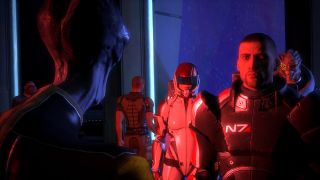
Mass Effect
Fresh off its success with Knights of the Old Republic and Jade Empire, Bioware delivered one of the most important RPGs of its decade. Mass Effect brought science-fiction to life in a way that, arguably, no other game had been able to before it. Wonderful world building, writing, and interplay between characters helped enshrine Mass Effect as a truly legendary new IP.
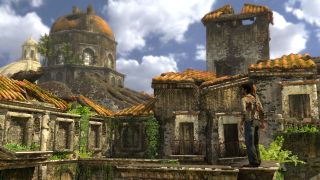
Uncharted: Drake's Fortune
Between Crash Bandicoot and Jak and Daxter, Naughty Dog had proven itself more than capable of creating true PlayStation icons – and the studio nailed it once again with its third try. Uncharted: Drake's Fortune introduced the world to Nathan Drake, with his first adventure the closest the video game industry has gotten to replicating the spectacle, chaos, and humour of Indiana Jones' adventures.
Sign up to the 12DOVE Newsletter
Weekly digests, tales from the communities you love, and more

Josh West is the Editor-in-Chief of 12DOVE. He has over 15 years experience in online and print journalism, and holds a BA (Hons) in Journalism and Feature Writing. Prior to starting his current position, Josh has served as GR+'s Features Editor and Deputy Editor of games™ magazine, and has freelanced for numerous publications including 3D Artist, Edge magazine, iCreate, Metal Hammer, Play, Retro Gamer, and SFX. Additionally, he has appeared on the BBC and ITV to provide expert comment, written for Scholastic books, edited a book for Hachette, and worked as the Assistant Producer of the Future Games Show. In his spare time, Josh likes to play bass guitar and video games. Years ago, he was in a few movies and TV shows that you've definitely seen but will never be able to spot him in.
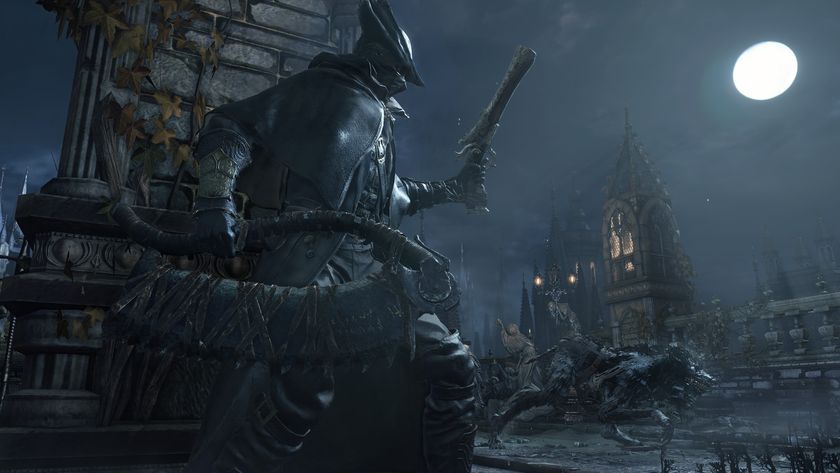
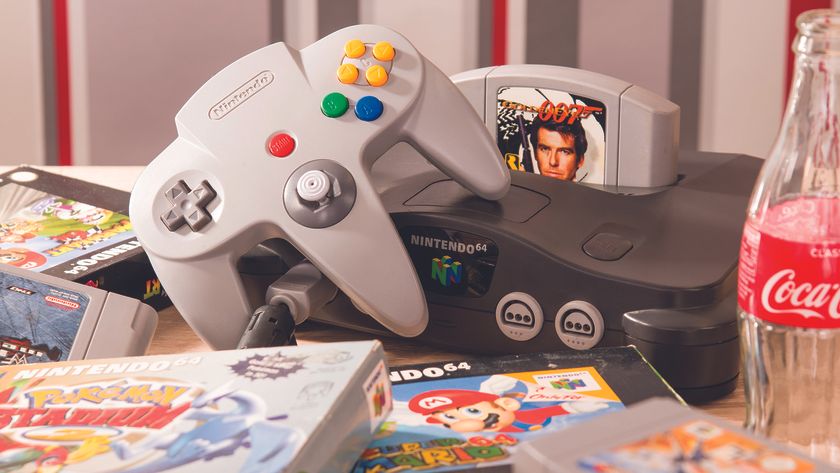
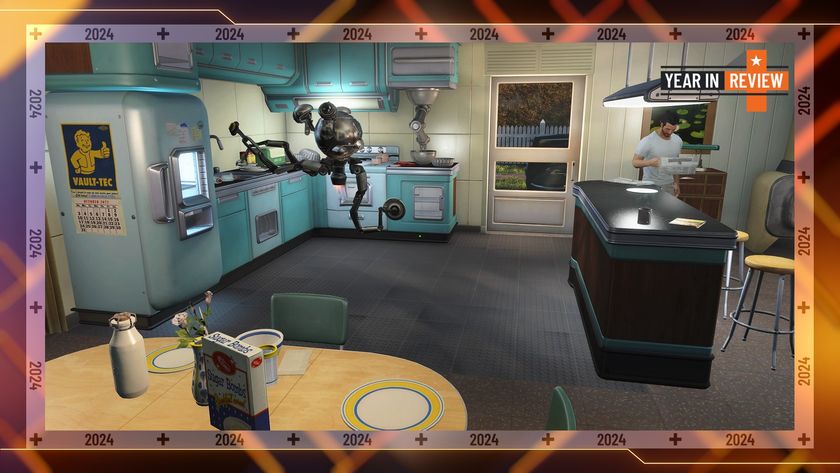
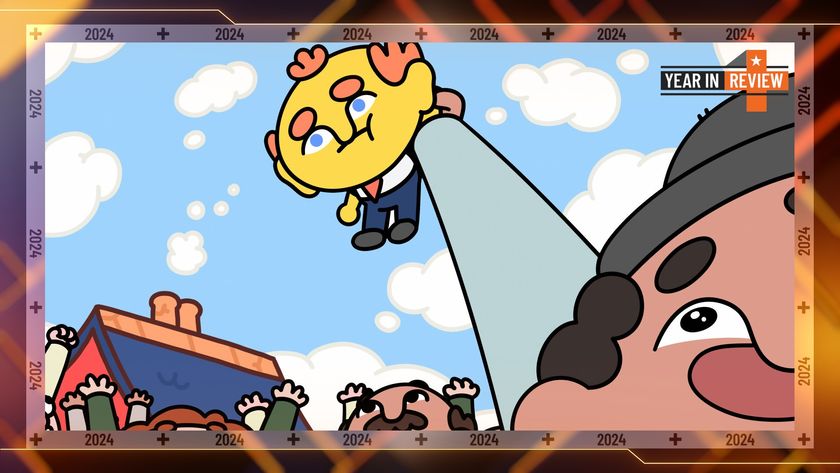
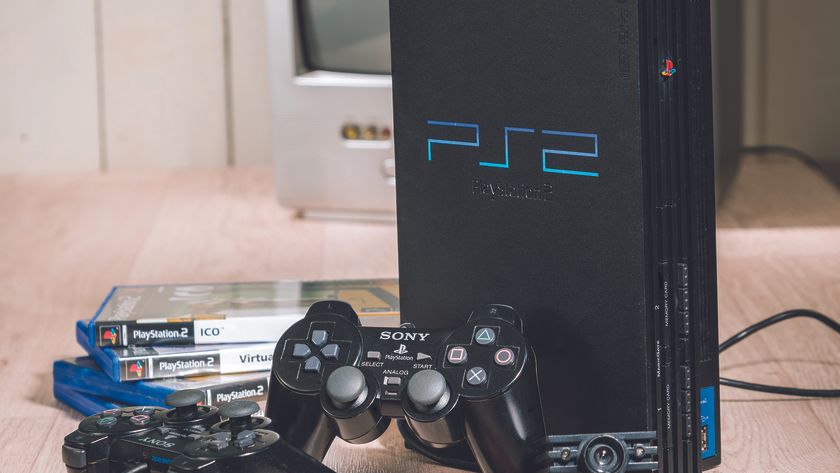
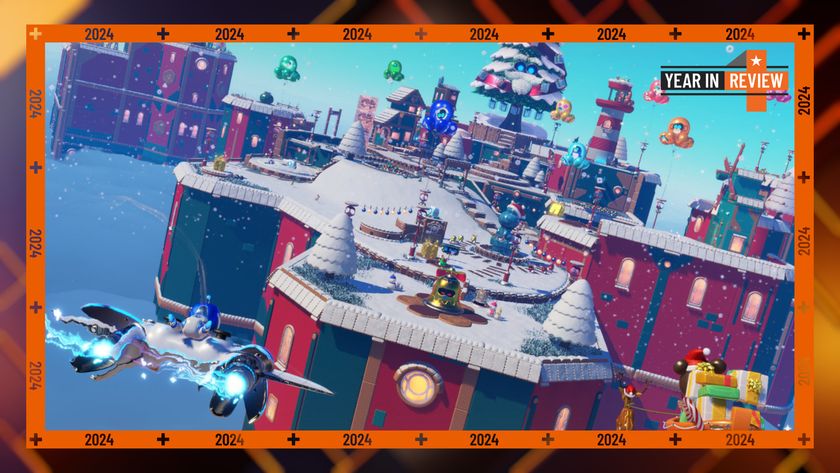
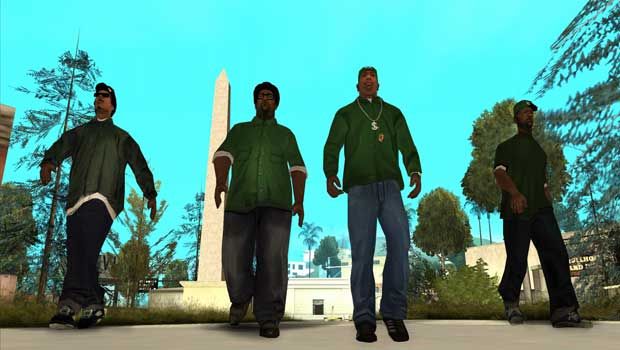
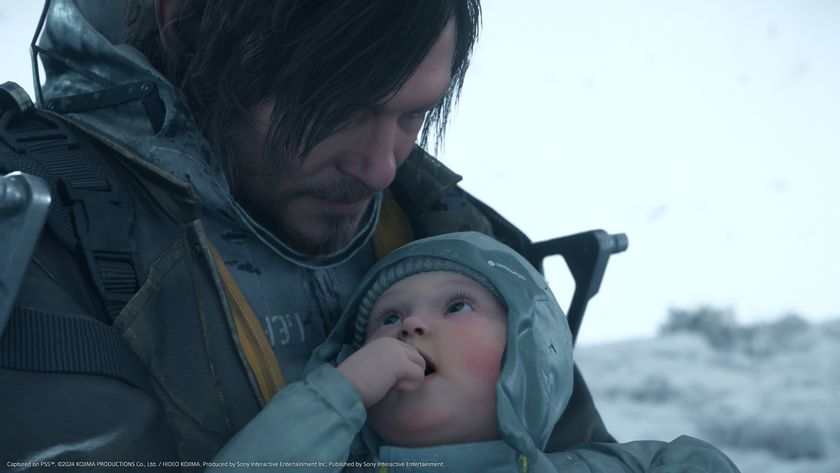
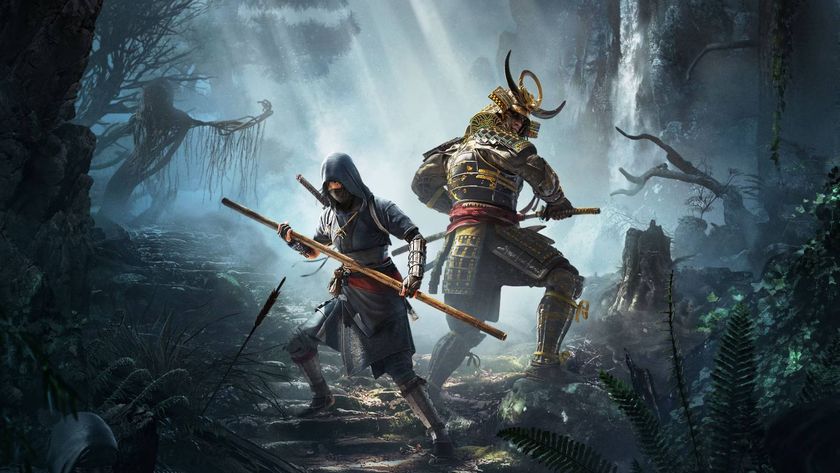
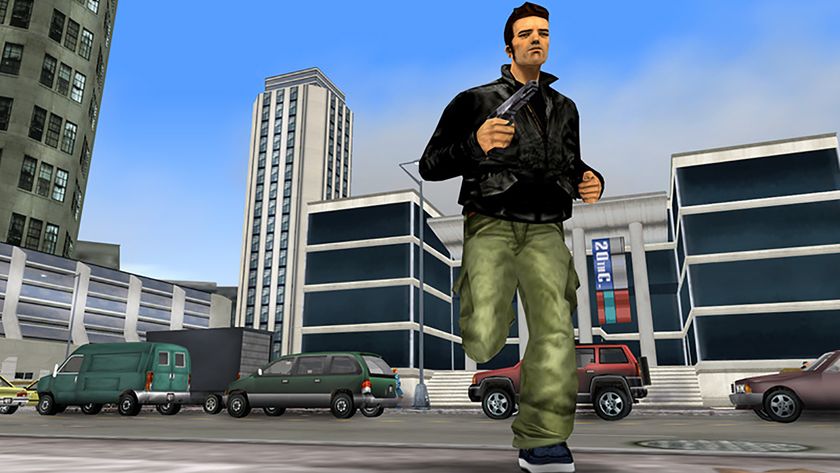
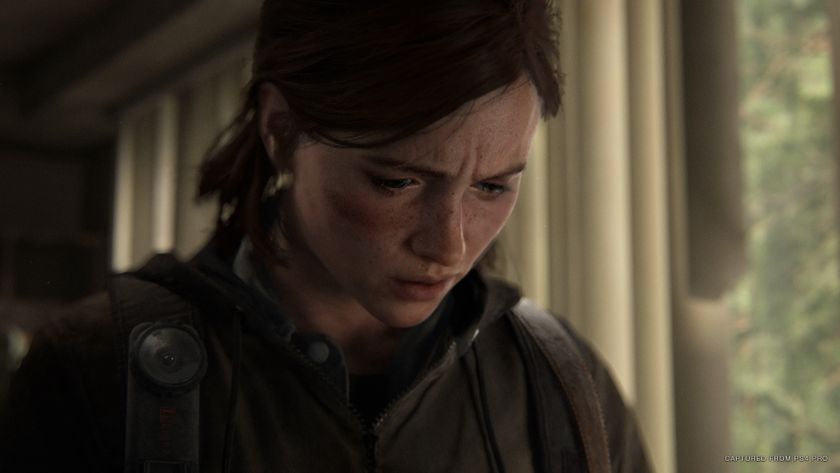
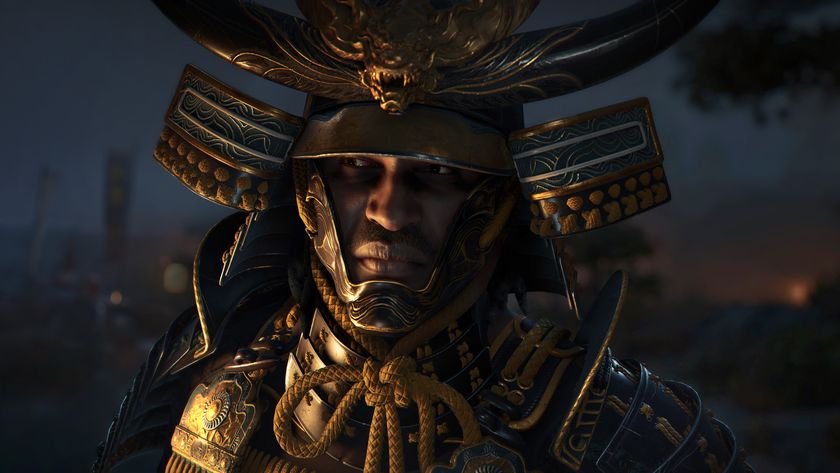

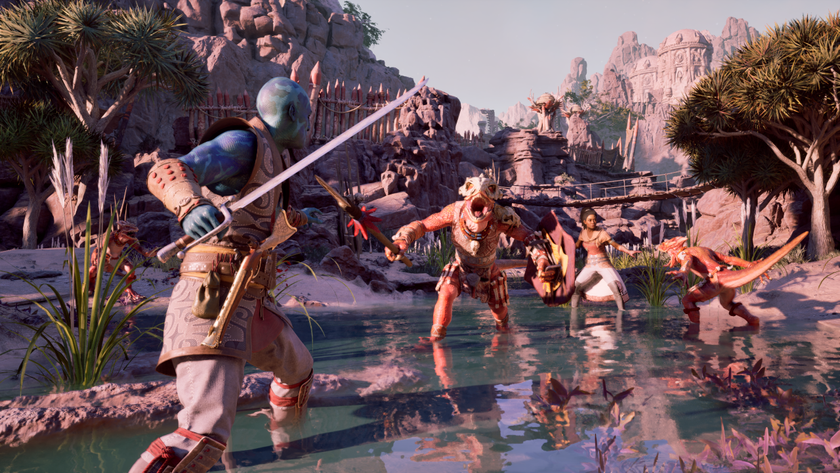

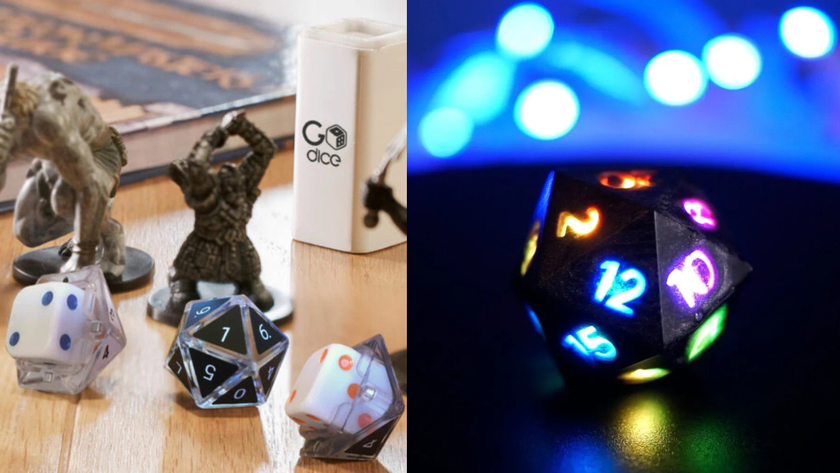
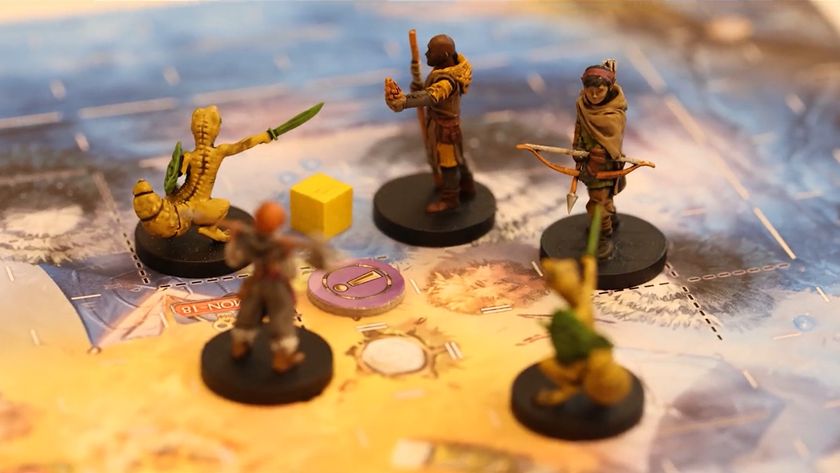


Former Xbox boss says GTA: San Andreas and its infamously NSFW Hot Coffee minigame "signified a maturing of the industry" and put games "on par with movies and music"

Death Stranding 2 pre-orders are estimated to go live this month, and will reportedly include a $230 collector's edition that I pray doesn't come with another creepy baby statue
